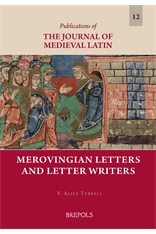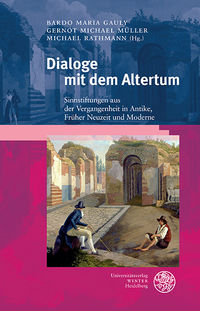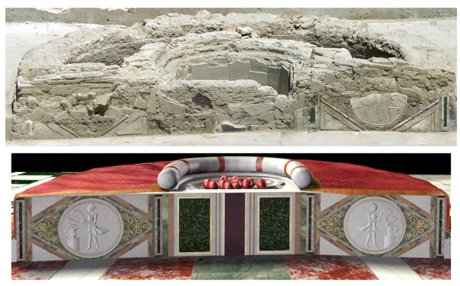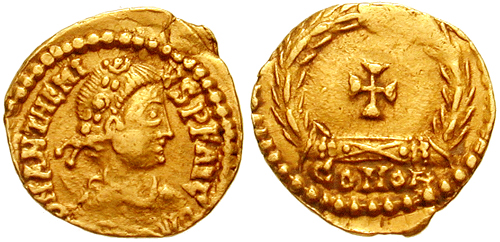Buongiorno, Pierangelo, ‘Ex vetere senatusconsulto Tiberiano. Nota in margine a Sid. ep. 1.7.12′, in Emmanuelle Chevreau et al. (eds), Liber amicorum. Mélanges en l’honneur de Jean-Pierre Coriat, Paris, 2019, 65-72.
| Academia
By ascribing to Tiberius a law that was only promulgated much later by Theodosius, conceding a longer lease of life to people on death row, Sidonius plausibly wanted to lend greater authority to this law in favour of Arvandus.










